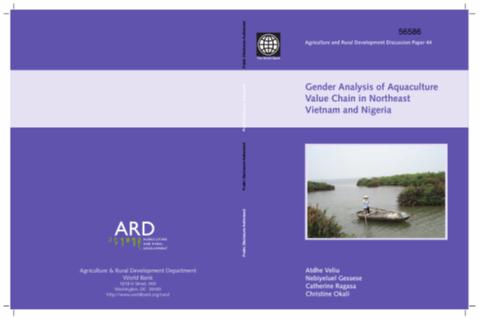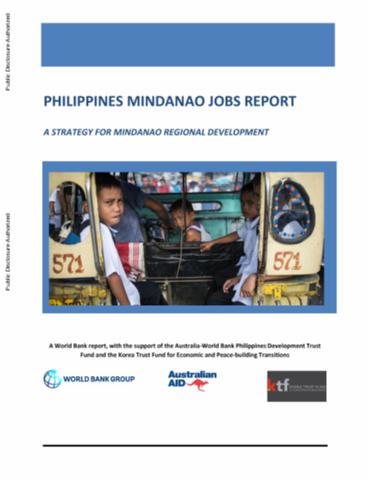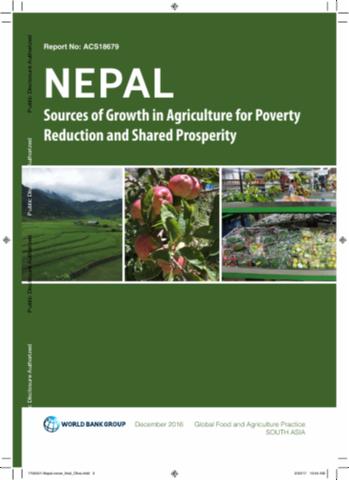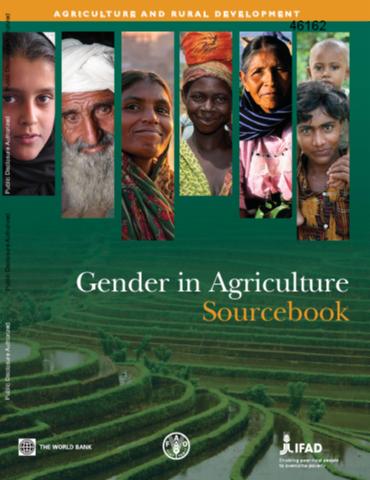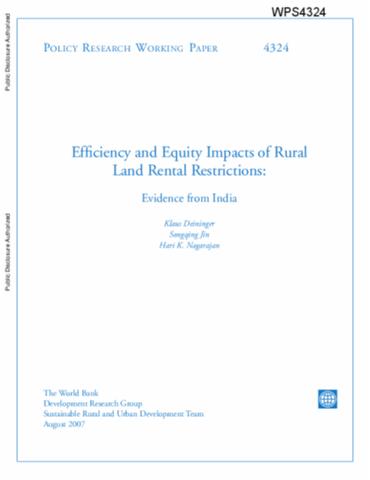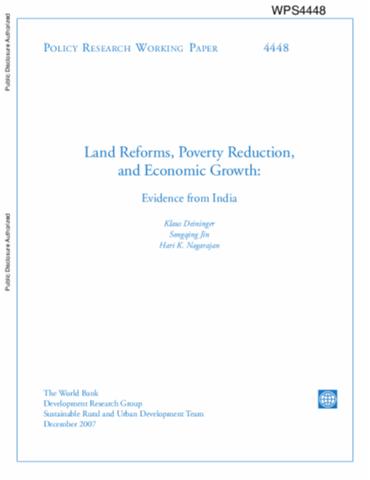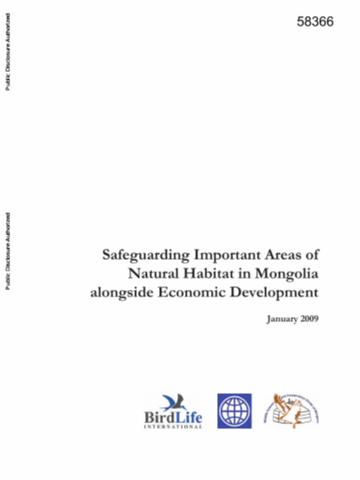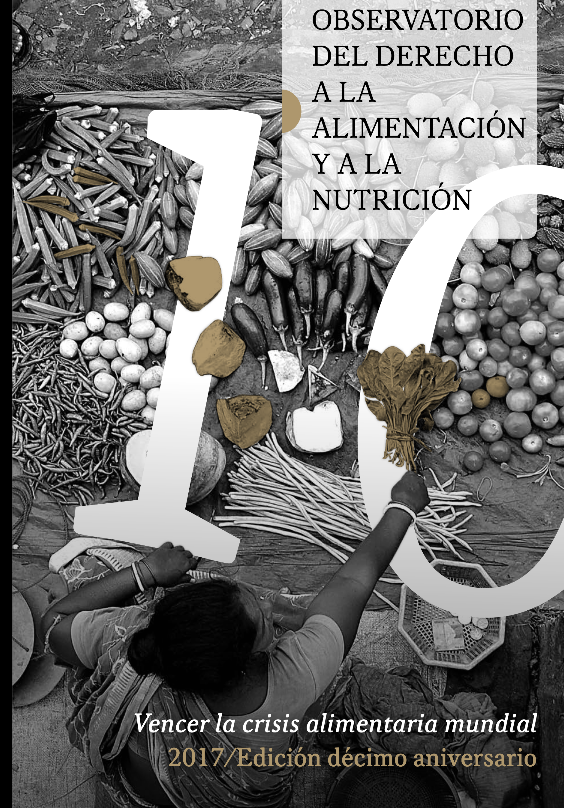Gender Analysis of Aquaculture Value Chain in Northeast Vietnam and Nigeria
The report is an initiative of the Agriculture and Rural Development Department (ARD) of the World Bank. Aquaculture is the fastest-growing food sector in the world and is expected to contribute more than 50 percent of total fish consumption by 2020. Just over 90 percent of aquaculture production originates in Asia, and nearly 70 percent in China alone. Efforts to expand aquaculture production to meet the ever increasing worldwide demand for seafood continue.

